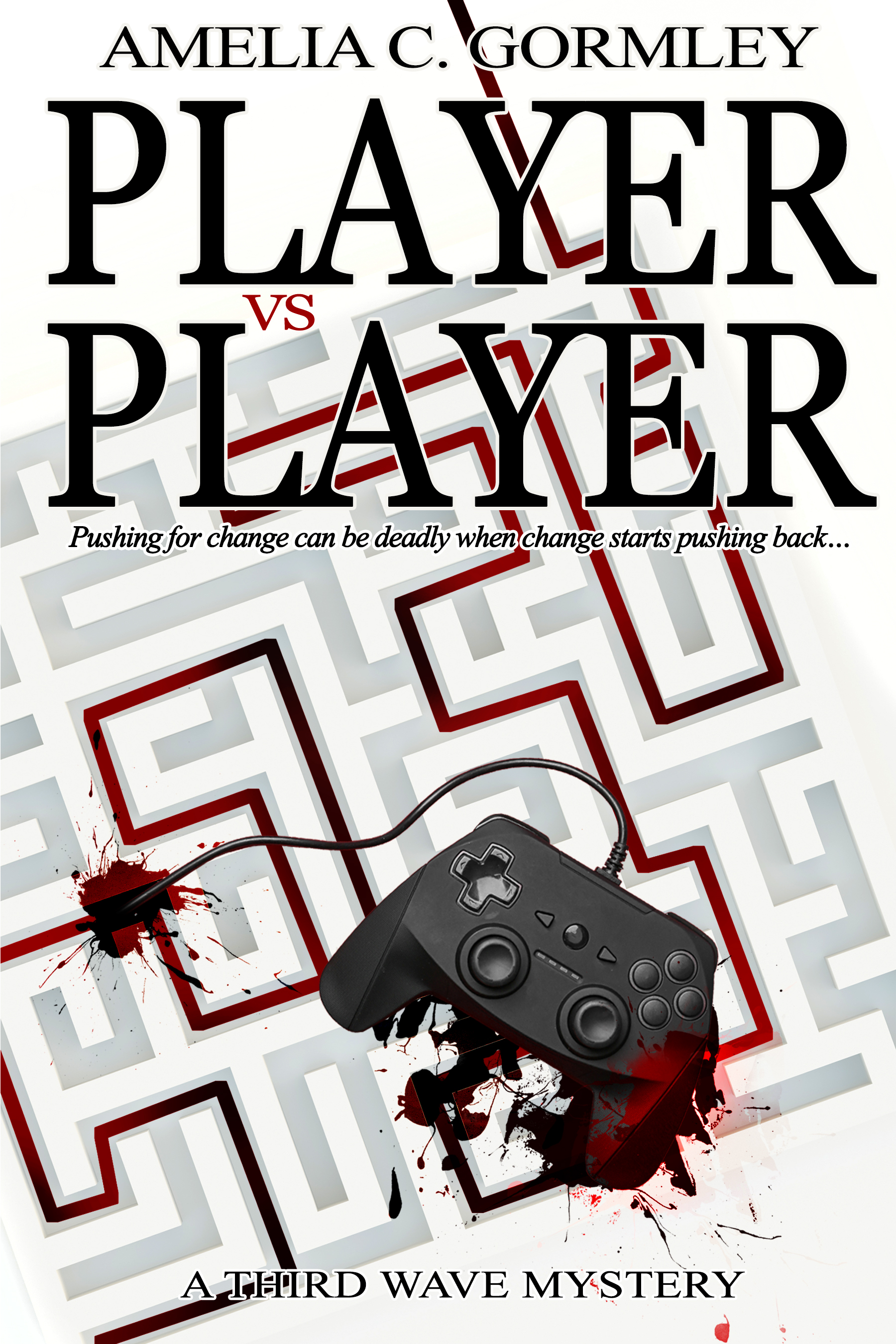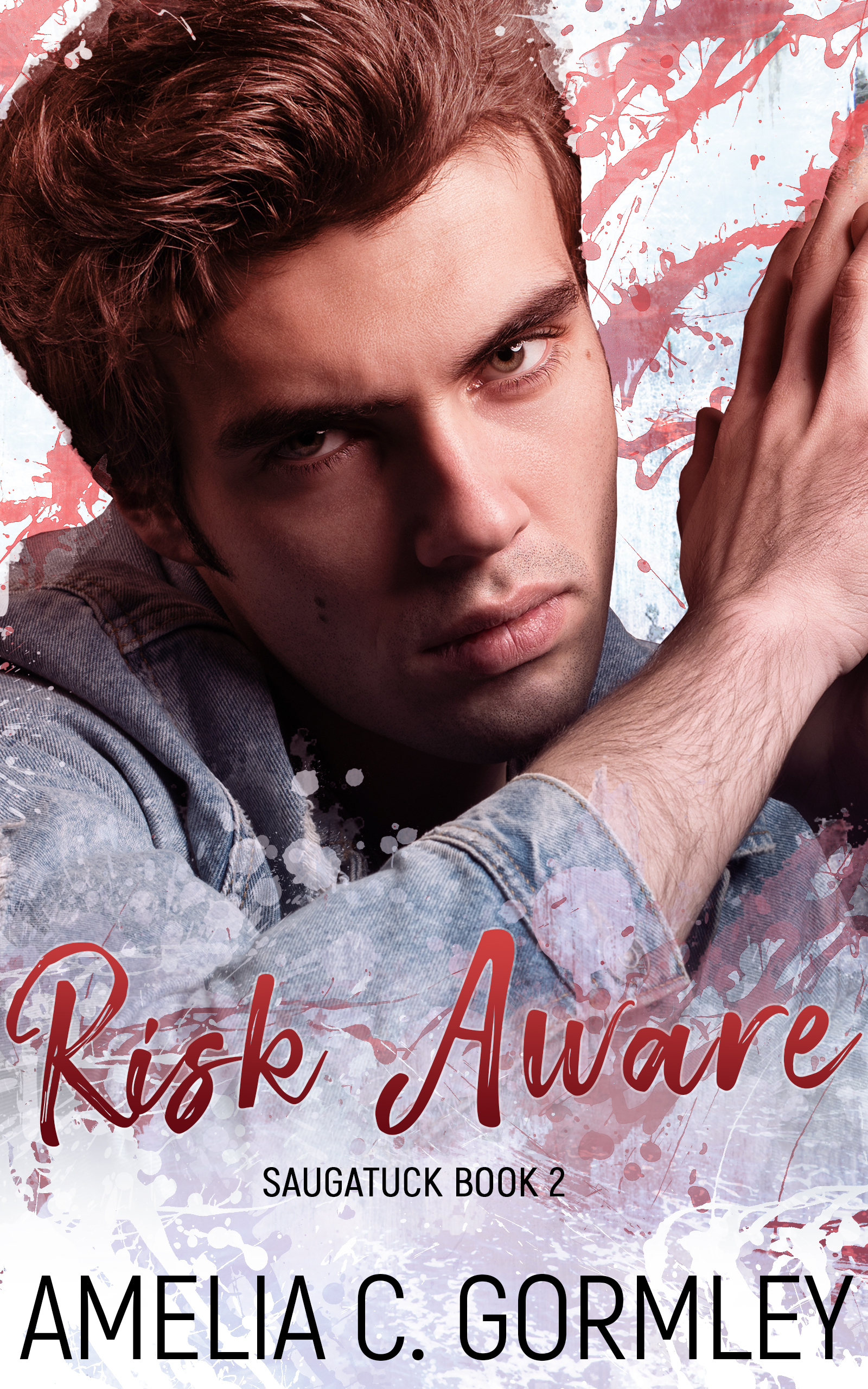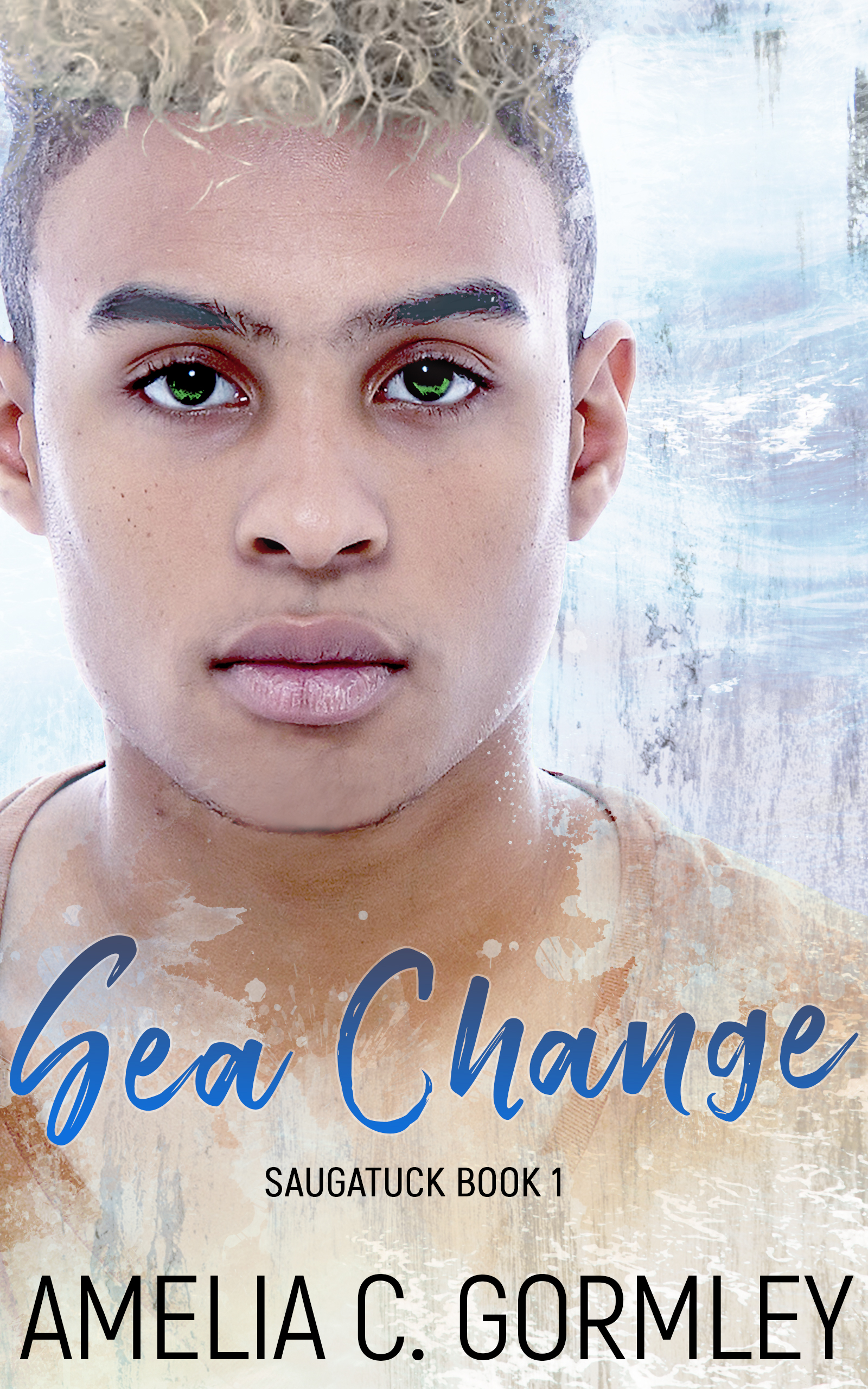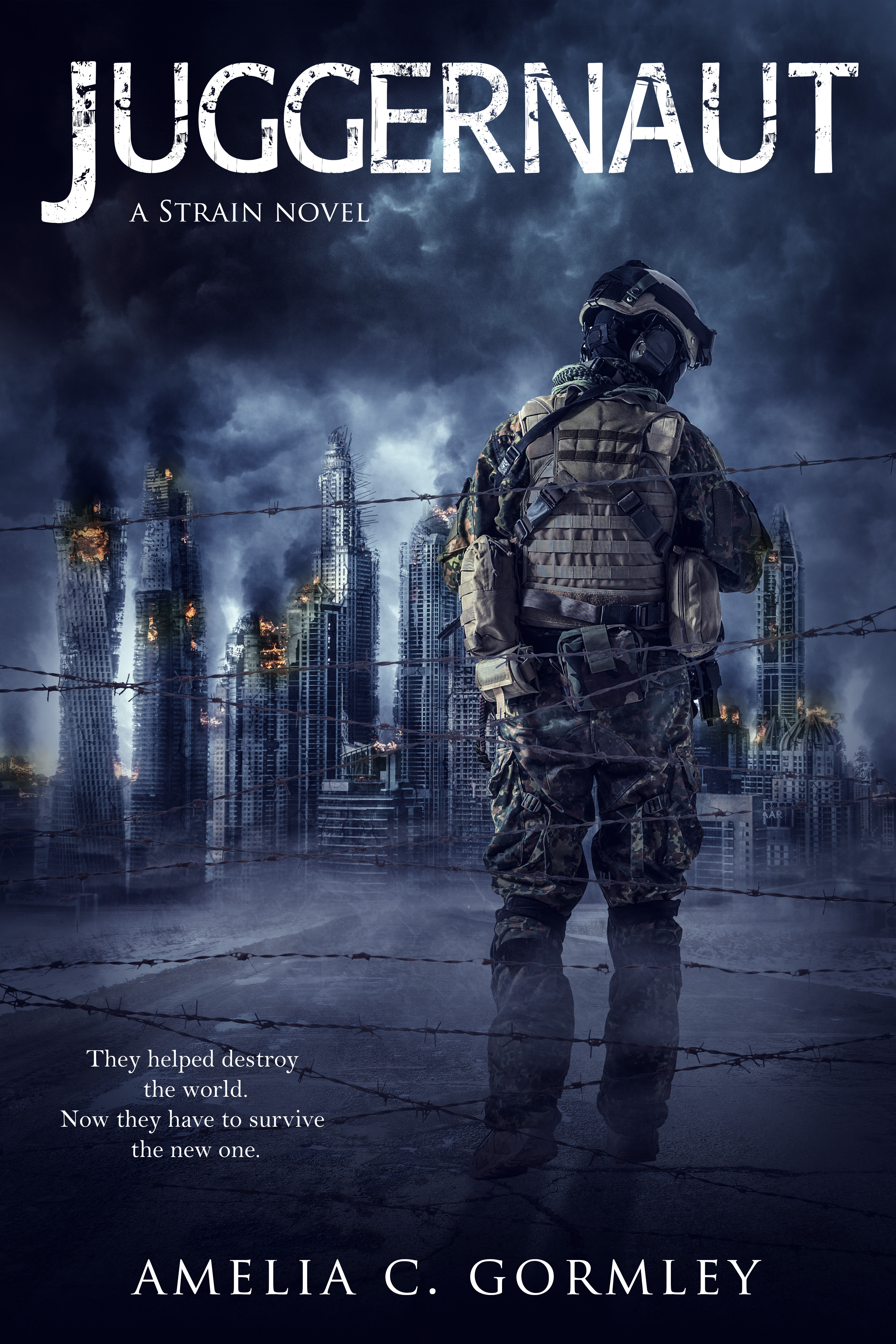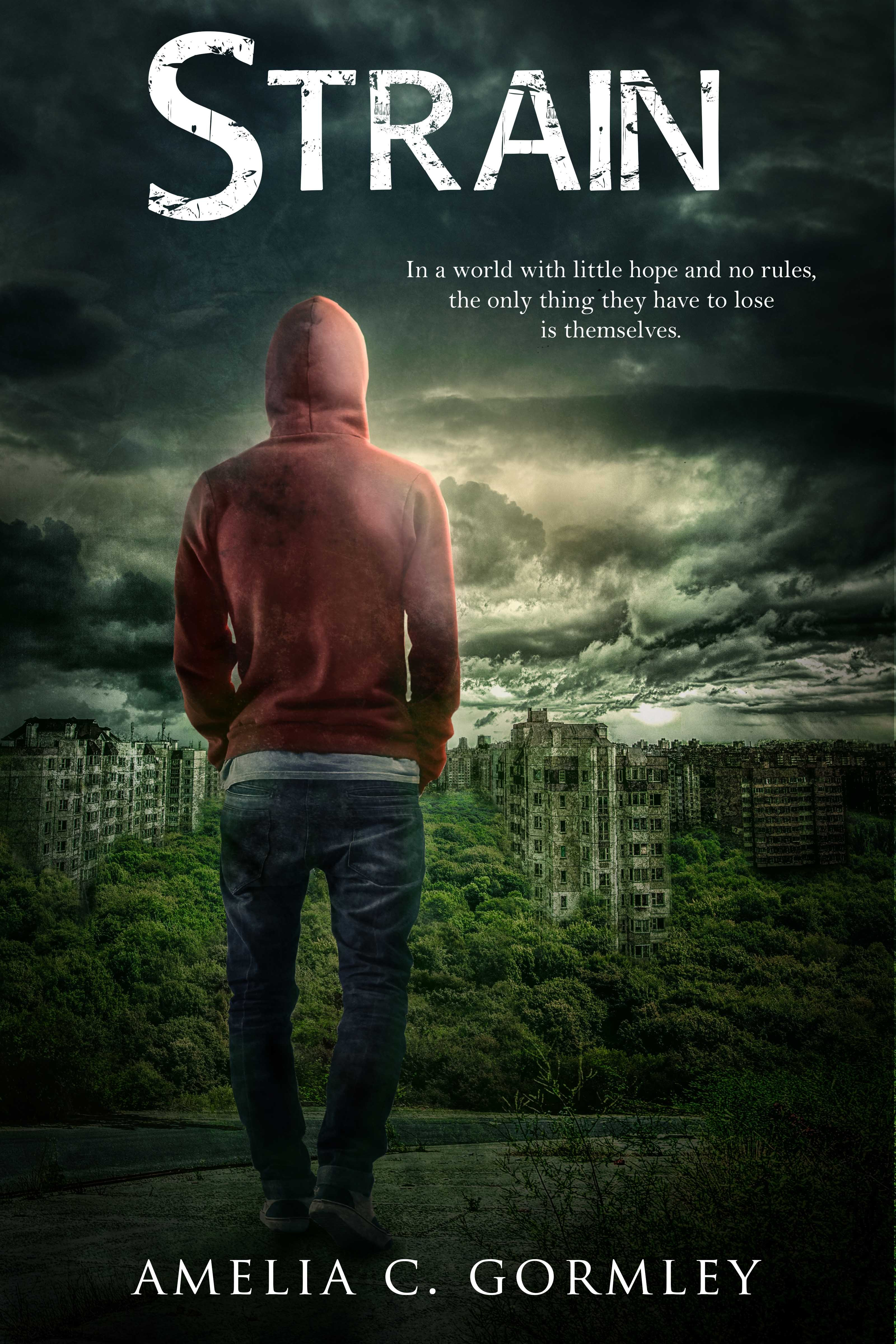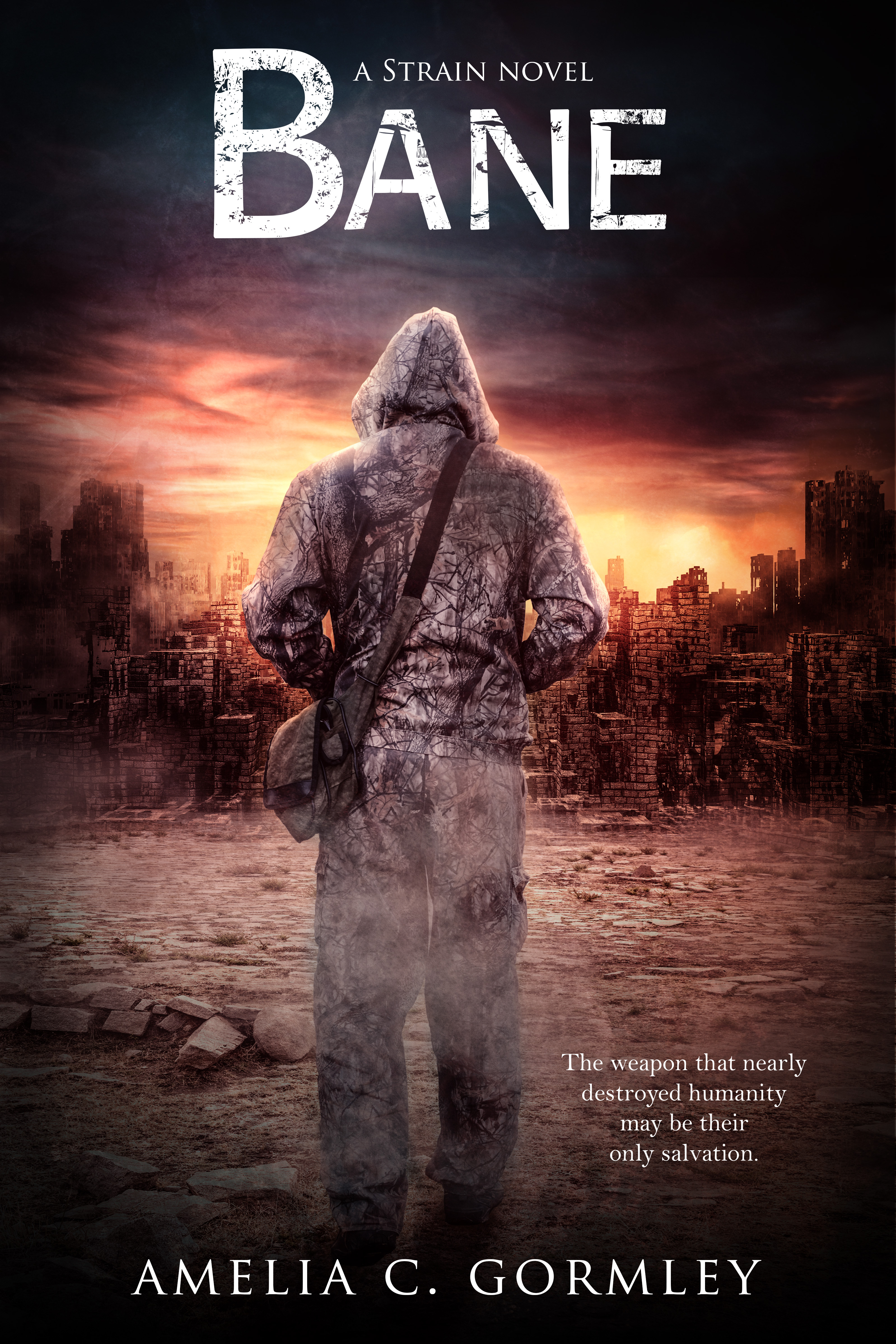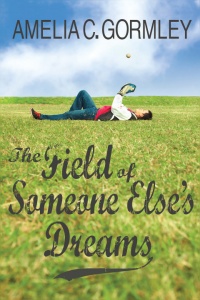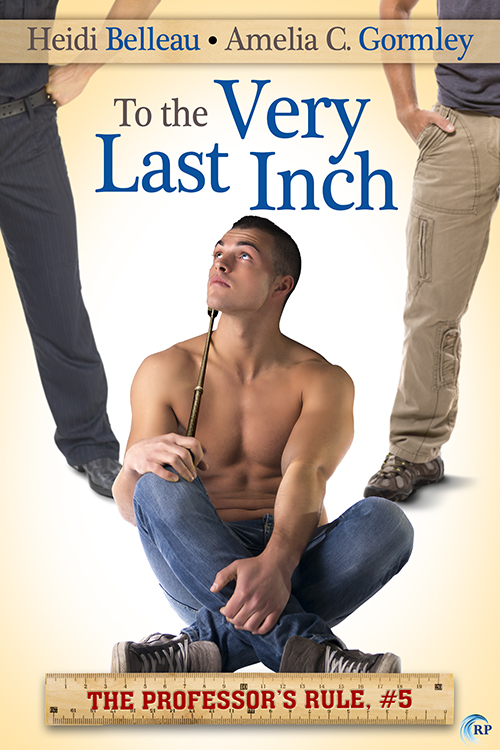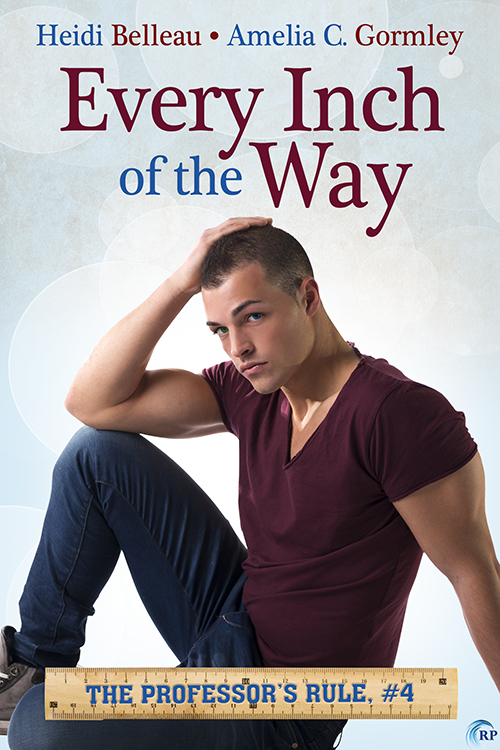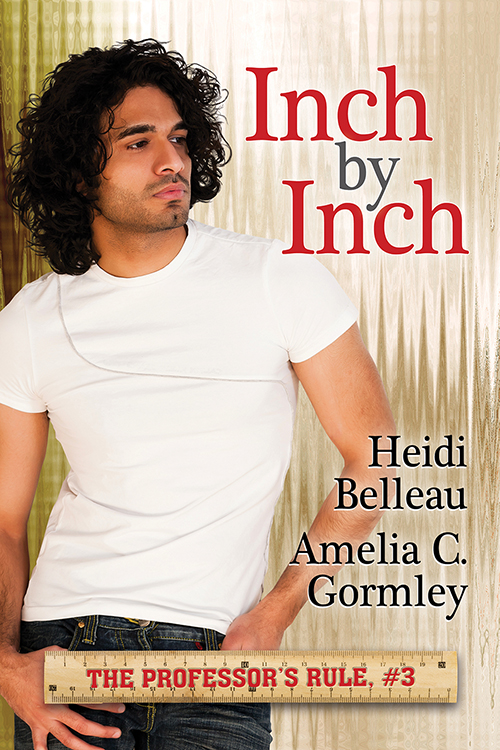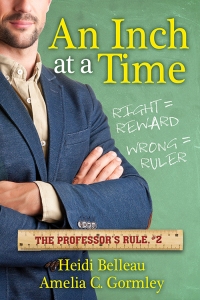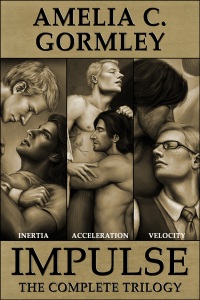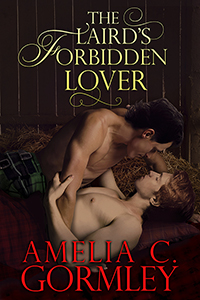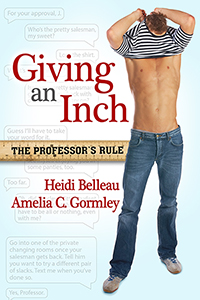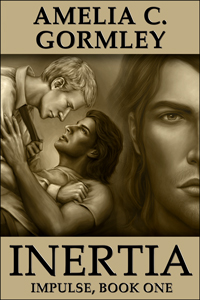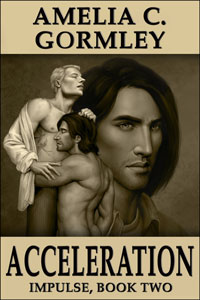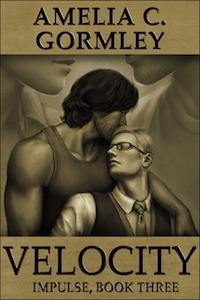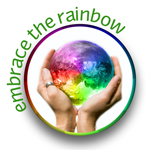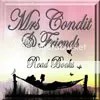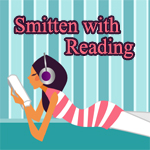For the Rainbow Book Reviews Blog Hop
(please see end of post for giveaway details)
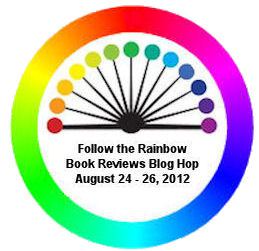
As a storyteller, I’ve always been drawn to the “what if?” I know I’m not alone in this. For those of us who tell stories, it’s something our minds naturally do, I think. From the novelist crafting an entire new world from scratch to the fanfiction writer putting the smallest twist on canon and turning it into an intriguing alternate universe, this is what we do.
We ask ourselves, “What if?”
For example:
“What if Kirk and Spock were lovers?”
While same-sex romance has appeared in literature throughout the ages, usually very subtly and in the subtext, I think for many who now write LGBTQ literature, that question is actually where it all began. That question is where most of us got our first exposure to the concept of same-sex pairings in fiction. Even if we never actually read a word of the early Kirk/Spock (or other flavors of) fanfiction that was circulated in print fanzines while the internet was still the pipe-dream of a few pioneers, we all heard of it.
Then along came the internet, and with it instantly accessible, low-to-no-means methods of disseminating non-mainstream fiction to a targeted niche audience. Skinner/Krycek. Clark/Lex. Spike/Xander. Garak/Bashir. Paris/Chakotay. Xena/Gabrielle. Qui-Gon/Obi-Wan. Methos/Duncan. Jim/Blair. Mackay/Sheppard. Harry/Draco. The list is, of course, endless.
I came to the gay fiction late, for a variety of reasons. I am and always have been a writer of erotic fiction, yes, but I didn’t want to simply write a titillating story for the pretty mental image of two men together.
Ultimately, the “what if?” that brought me to writing LGBTQ literature was a very simple one.
What if the doubts and questions and insecurities I explored with any heterosexual character were experienced by a gay character?
It’s a ridiculously easy question, isn’t it? And yet it took me years to come at the thought of writing gay characters from that angle. I was so determined not to fetishize or tokenize LGBTQ characters, or perhaps expose myself to accusations of ignorance regarding issues faced by LGBTQ characters, that I was neglecting them entirely instead. Despite my best intentions, I was still handling these characters as “other” still, unwilling to deal with them at all if it meant the possibility of being accused of mishandling them. And in so doing, I was denying a voice to characters representative of a segment of the populace that is all too often denied a voice.
Once I answered that question, others came much more easily. I discovered a lot more “what if?” in exploring questions of sameness and differentiation between heterosexual and homosexual characters. Given any particular situation or plot element, which aspects would be influenced by the character’s sexuality? Which would remain the same, and which would the character approach from the unique perspective of being closeted, passing, or out-and-proud, the victim of oppression or someone who has triumphed over it?
Writing LGBTQ fiction enabled me to approach the same human questions and truths I always explored with my characters from the perspective of people whose life experiences might give them a completely unique worldview. And at times – even more interestingly, I think – it has allowed me to explore a completely mundane and un-unique worldview. It has allowed me to explore areas of sameness as well as areas of “other”-ness.
Writing LGBTQ fiction means I need to be conscientious. I need to do research rather than make assumptions. I need to check my privilege. I need to handle issues faced by gay and lesbian people with sensitivity and respect, avoid stereotypes while still being honest about real problems faced in the LGBTQ community, and avoid putting a heteronormalizing slant on gay issues and relationships.
And that is just a little of what writing LGBTQ fiction means to me.
*****
In participation with the Rainbow Book Reviews Blog Hop, I will be conducting a giveaway of a copy of my book, Inertia. The winner will receive a 100% off coupon for my book from SmashWords, which will enable them to download it in the format of their choice.
Comment below to be entered into the giveaway, and please be sure to include your email address. Entry cut-off will be August 27, 2012 at 12 AM. Winner will be selected using The Hat (screencap available upon request) later that same day.
Discussion topic: I’ve shared a little bit about what writing LGBTQ literature means to me. What does it mean to you, as a reader? What do you look for in your LGBTQ lit?


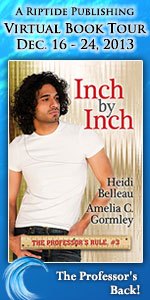

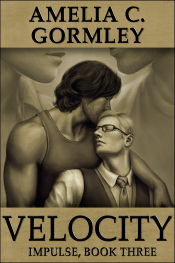 Ladies and gentlemen, the results are in…
Ladies and gentlemen, the results are in…
